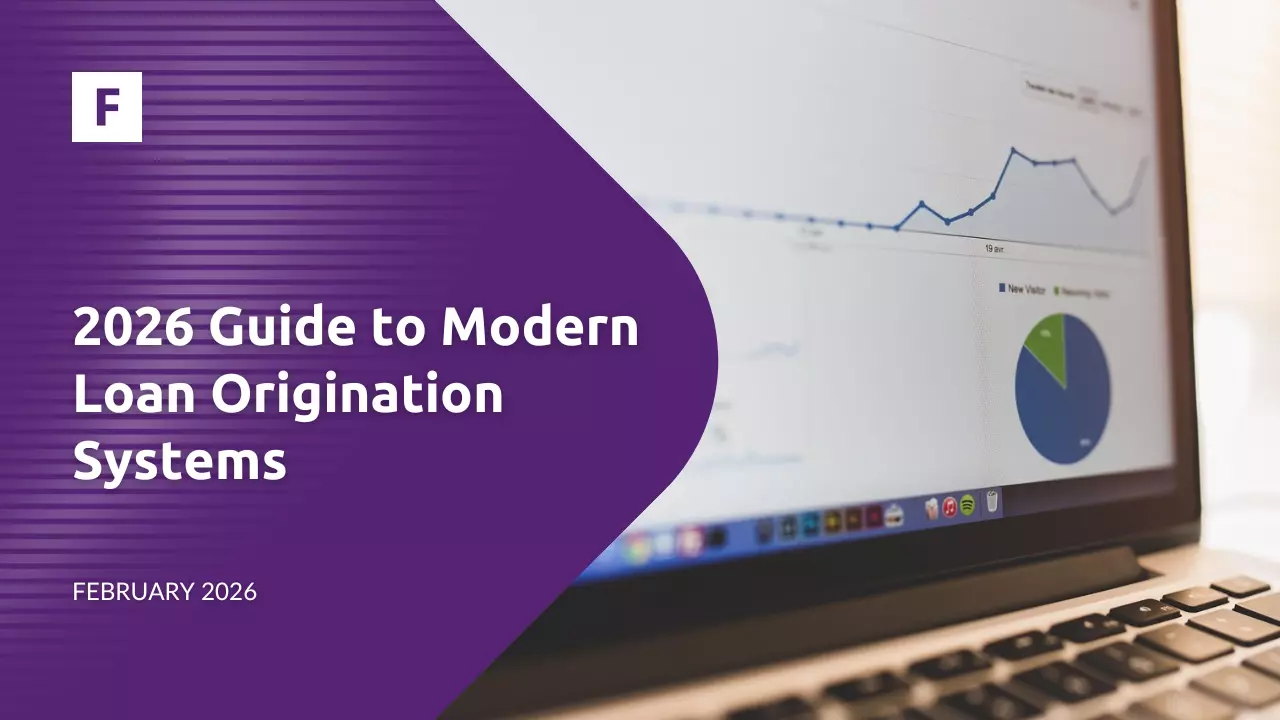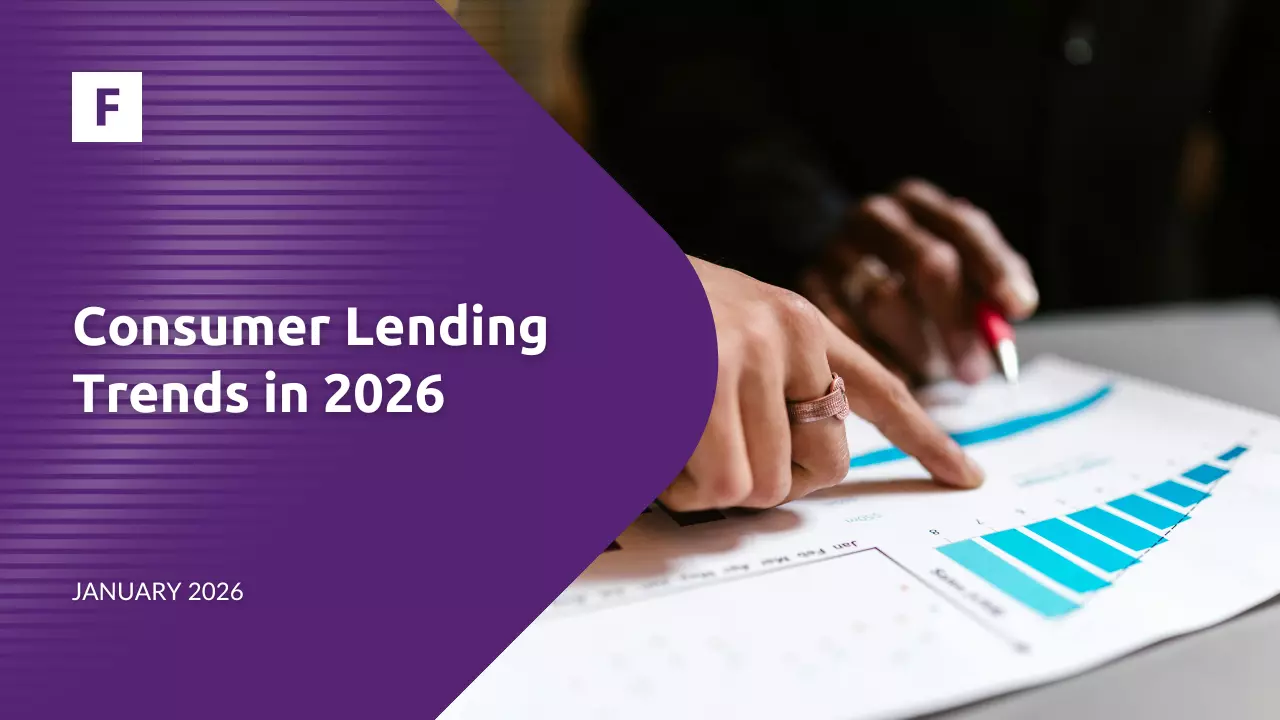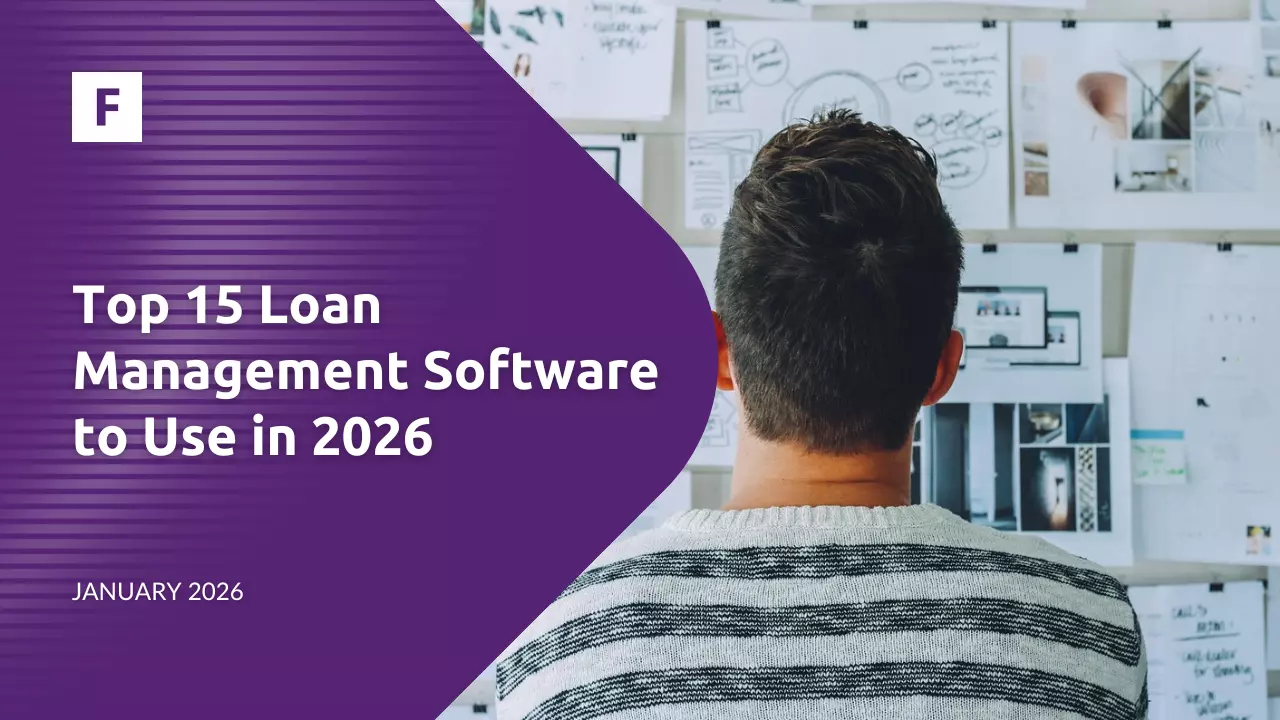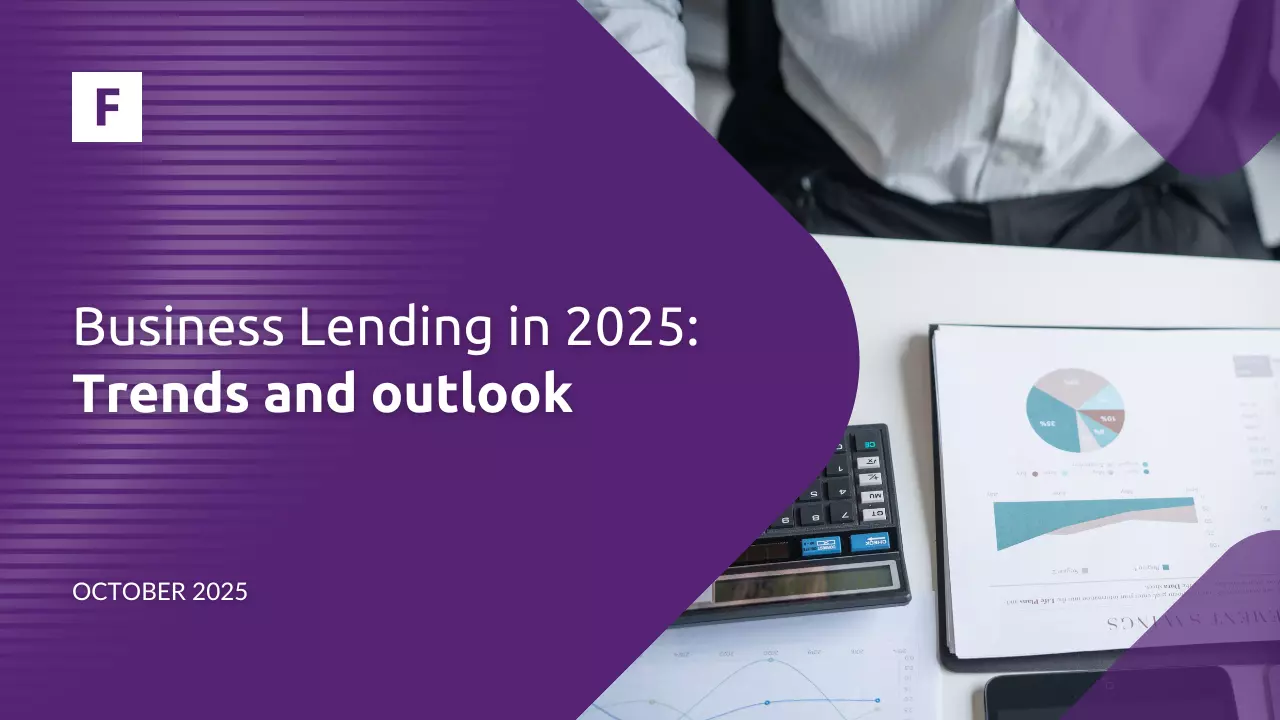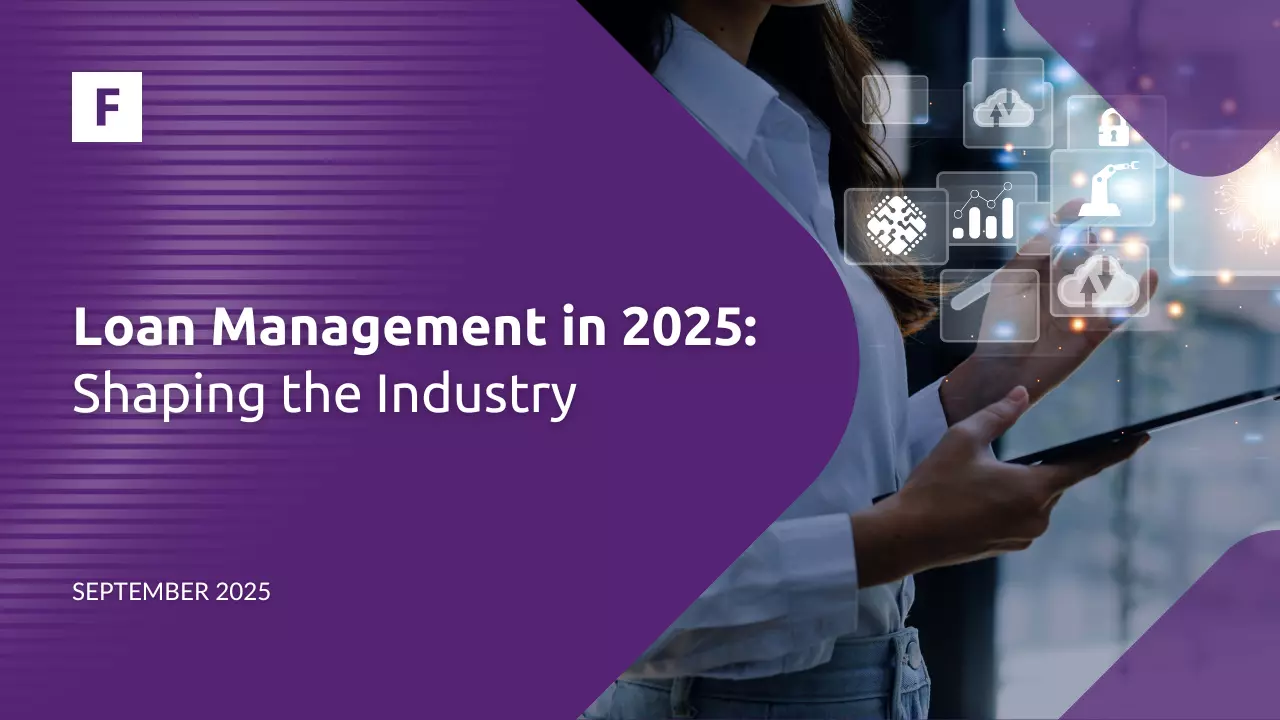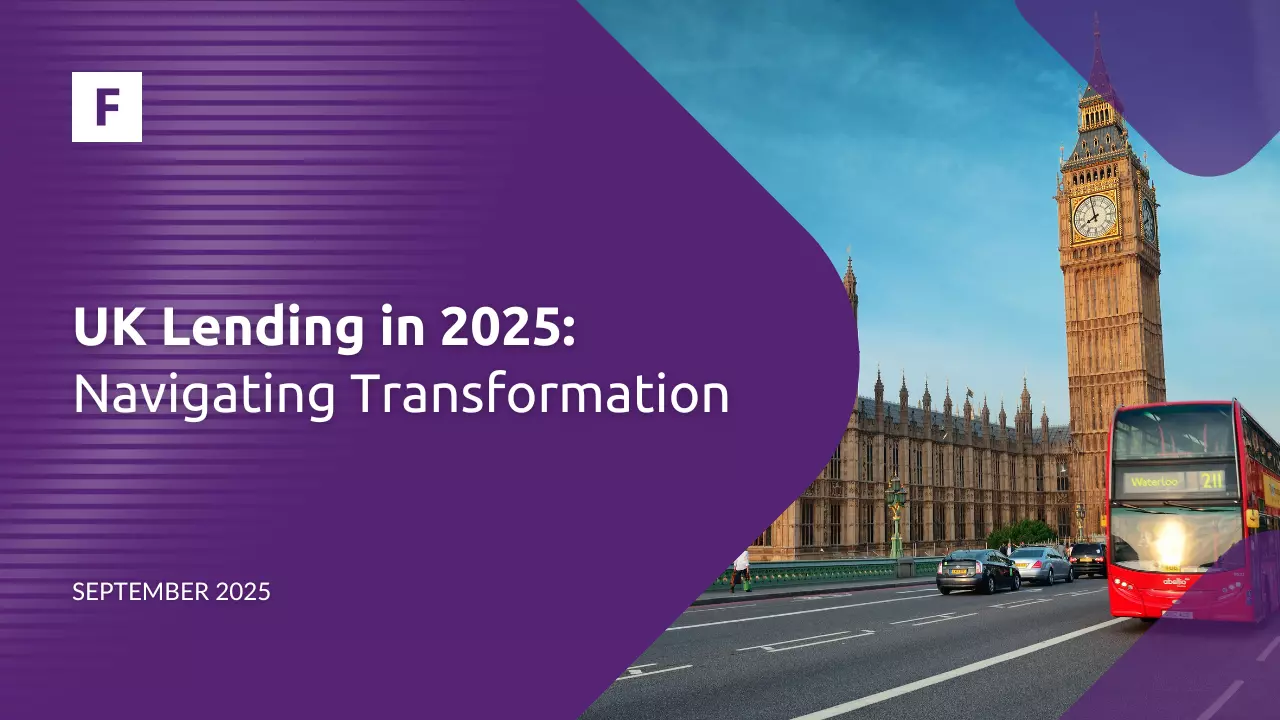Today we want to highlight the dedicated work and years of experience of our co-founder and COO, Piret Tiks. This interview is an opportunity for her to share some of the challenges she has experienced during her career, her thoughts on the upgraded fintech ecosystem, and how she sees Fintech Market's future:
Since you have worked in the banking/finance industry for over 20 years, what has kept you there, and can you bring out some most memorable moments?
I can't say that working in finance was first a conscious choice nor that I planned to stay in this area for so long. From one side, it was just a coincidence that after starting as a lawyer taking care mostly of debt collection, I was offered to deal with internal training and products, which really spoke to me. Back then, the IT sector started to grow fast, and everyone, not only financial service providers, needed to adjust their business processes and think a bit differently. In my opinion, the finance sector is one of the most forward-thinking industries in the world. It's an industry that is undergoing constant change and growth. Thanks to the introduction of new markets, regulations, and technology, it is constantly developing further in a more exciting direction, so you never get bored. Banking products and business processes have changed tremendously in the past decades, and this journey has been a challenge and a pleasure at the same time.
Now it seems unreal how we used to work 10 or 20 years ago. Like making the schedule of "internet time" as there was only one modem for the whole department or bringing cash you received from a debtor unexpectedly to the bank with a plastic bag. Or, after launching a highly recommended third-party integration in a new country, you realize that your company is the first one using it there, and even the provider itself doesn't exactly know how it is supposed to work.
It is hard to point out some specific moments, but I think the most I have enjoyed is opening businesses in new countries. You get to know different people with strong character, face weird obstacles, and solve various problems during the process. Once everything is ready, and a new product is launched online, or the office opens to the public, you feel a sense of satisfaction. That's the best feeling in the world, even if you can barely keep your eyes open after the last dense and long days.
What was your biggest challenge and change when you moved from corporate banking to the fintech world?
I have to admit that I've never been a big fan of the corporate mindset. There are several pros related to specific processes, comprehensive analyses, and detailed project timetables. Still, it may turn to a point where processes and bureaucracy take more time and effort than achieving the result itself. I admire big companies that have managed to preserve creativity and productivity while staying focused on quick performance and communication between relevant parties. With a startup, that part is more manageable.
The main challenges are probably related to taking risks and being responsible for issues and areas in which you are not so experienced. Trusting your gut is easy if you sail in domestic waters, but with a startup, you need to be ready to take risks and make fast decisions without having specialists in their field advising you. I guess that has probably been the biggest change.
In those turbulent times, at what stage is Fintech Market as a company?
The economic situation and uncertainty have also influenced us - customers are not eager to make decisions quickly and are more in a wait-and-see position. We will see in the following months whether our current customers are affected by it and how much the current situation influences them, but at this point, we do not see significant changes. As a fact, we are actually looking to grow our team at the moment and have some financial buffer for new projects.
As the economic crisis deepens, we may have to make some changes compared to current plans. Because of our rational decisions in the past, our financial performance should remain stable during those turbulent times.
What is a remarkable difference between Fintech Market and its competitors?
We listen to our customers and try to improve our software to meet their requirements. Our software is highly configurable, and although there are more default use-cases, we leave room for an unconventional approach and workarounds. We keep in mind how everything looks but give even more attention to easing the work of our customers' employees - we visually provide processes and keep track of changes at all times. In general, we offer a technical solution and do not define how our customers need to do their business, but at the same time, we can give our recommendations and think along if the need appears. And most importantly - we care about our customers, who are actually quite great.
How would you describe FTM’s culture? And why should someone join our growing team?
The main point is that we are focused on results. We do not care so much whether our people prefer working in the morning or evening, it's important for us that they take responsibility and get their tasks done. If we count our employees, we are a small company - we can say it's a family. And as in any functional family, we are proud and happy for your success and sympathize when something goes wrong. We play, fight, celebrate, and grow together. Always passionately.
What are your goals and the company's goals for the next half of the year?
Our primary focus within the last years has been to supplement our software with necessary functionalities, and now it is time to focus more on sales and marketing. At the same time, having a solid workforce, we are also enlarging our development team to be ready to implore our functionalities on our customer requests and expand our services.
- Check out our open positions and join our team: https://fintech-market.com/careers
- Follow us on LinkedIn to know more about our company news, team events, and products: https://www.linkedin.com/company/fintech-market/
- Get to know our products: https://fintech-market.com/products

